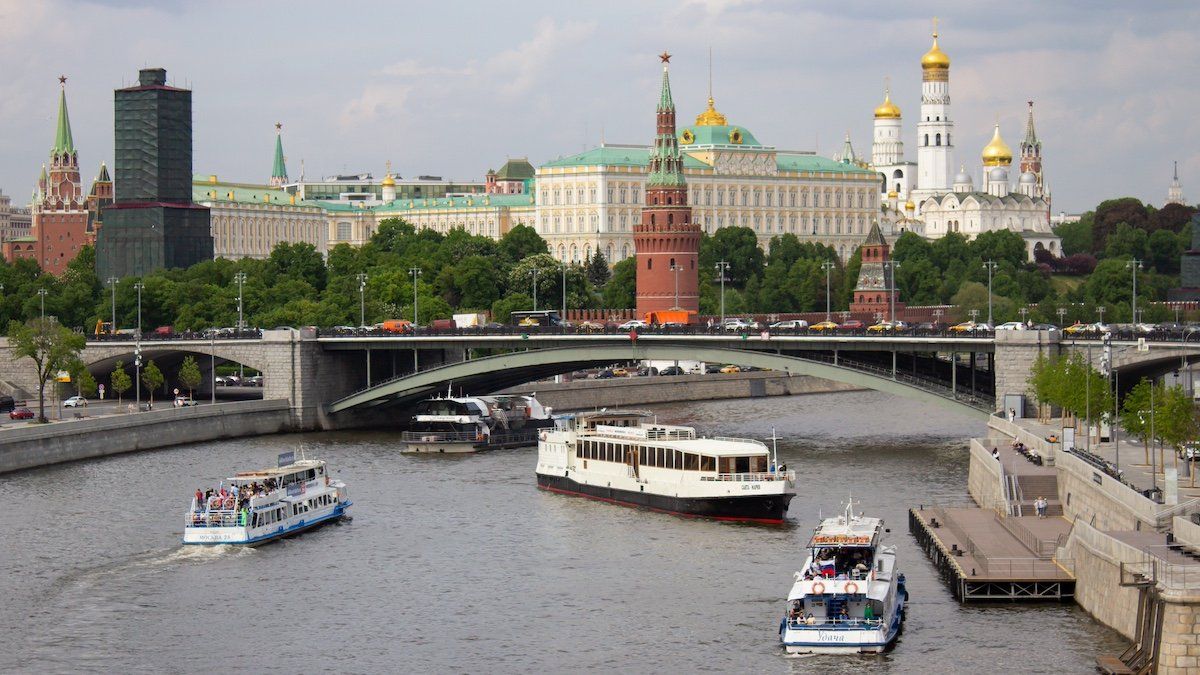On Monday, the head of Germany’s domestic intelligence agency told a parliamentary committee at the German Bundestag that a package exploded in Leipzig earlier this year before it could be loaded onto an airplane. Had the package reached the plane, he warned, it would have detonated in flight. The official did not name a suspect in the case, but German media reports that officials believe the incident is linked to Russia.
The head of Germany’s foreign intelligence service told the same committee that Russian sabotage attacks in Europe have reached a “level previously unseen” and that “direct military confrontation with NATO has become an option for Moscow.”
This is the latest incident to raise concerns across Europe about Russian sabotage attacks that may be intended to weaken European support for Ukraine. In April, Germany arrested two German-Russian nationals on suspicion of plotting attacks on US military facilities, Poland arrested a man accused of spying on an airport for Russian intelligence, and the UK charged several men for an arson attack on a Ukrainian-owned firm in London. Russian operatives are “on a sustained mission to generate mayhem on British and European streets,” warned the head of MI5, Britain’s domestic security agency earlier this month.
